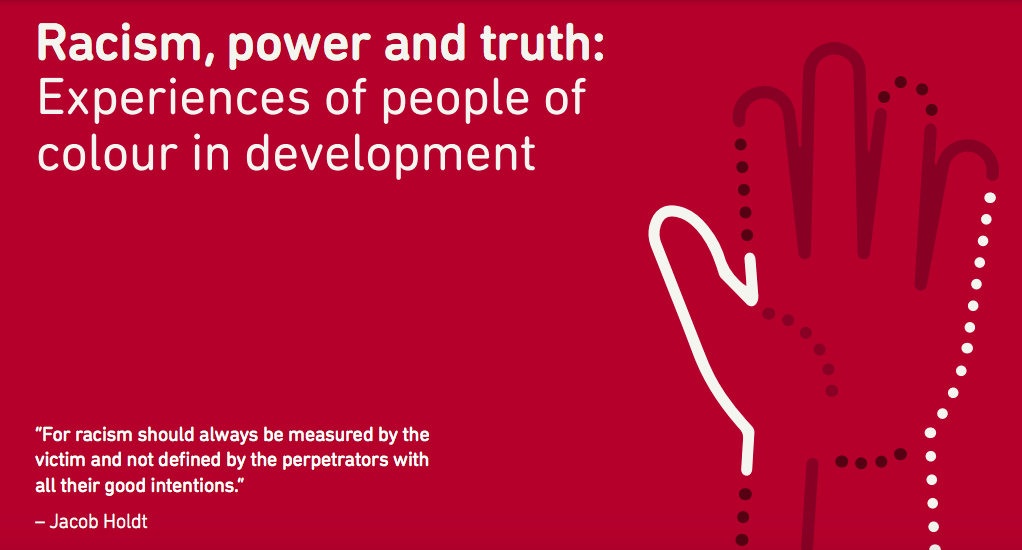Bates Wells publishes free guide on diversity & inclusivity best practice
Charity and non-profit specialist legal firm Bates Wells has launched Diversity in Action, a guide for charities, social enterprises and other non-profit organisations on best practice in diversity and inclusivity.
Covering a range of issues relevant to the sector, Diversity in Action provides an overview of the Equality and Diversity Act 2010, how to encourage diversity in membership charities, practical information for charities wishing to restrict services to particular groups, tips to improve diversity within an organisation, and why the principles of diversity and inclusion should be embedded within a charity’s governance.
The guide answers questions such as:
– Is discrimination ever lawful?
– Can a charity support only women and not men?
– Why doesn’t the Equality Act apply to trustees?
– Isn’t positive action discriminatory?
The guide is available on the Bates Wells website and is free for anyone to use, and comes as recent research by AECVO shows that only 9% of charity employees and 6% of CEOs are from Black, Asian and minority ethnic (BAME) groups and that 68% of BAME charity sector employees had experienced, witnessed, or heard stories about racism in their time in the charity sector. This week has also seen Cancer Research UK launch its first EDI strategy.
Simon Steeden, partner in the charity team at Bates Wells commented:
“In response to an increasing number of client conversations around the challenges currently faced by the sector in terms of diversity, representation and inclusivity, we wanted to pull together an easy-to-use guide” says It gives specialist advice and guidance to help not-for-profits navigate the law in these areas and incorporate good practice in their organisations.”
Samara Lawrence, a solicitor at Bates Wells, who helped register Black Lives Matter UK as a Community Benefit Society last year, added:
Advertisement
“The events that took place in 2020 have once again brought to the forefront of our attention the critical need to manifest change in our society. This is change that is required from all of us, both individually and by the organisations that we work in and with. We want to ensure that our clients have the tools and understanding to make this change a possibility. We hope that the sector finds this guide helpful and that it joins us on this journey to creating a more diverse and inclusive space for everyone to thrive.”





